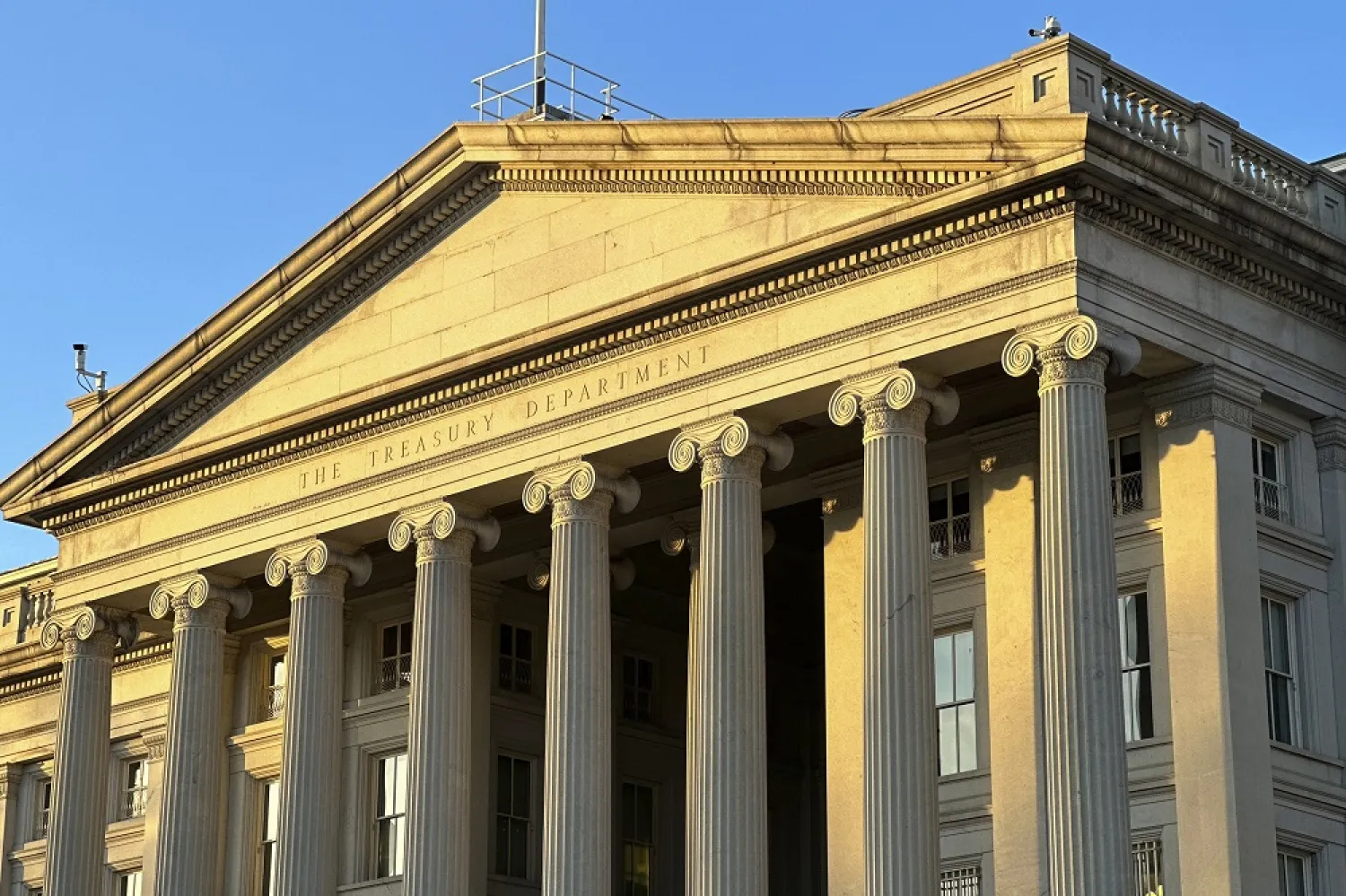The US Treasury said on Tuesday it was placing sanctions on Lebanese money exchanger Hassan Moukalled and his business for alleged financial ties to blacklisted group Hezbollah.
Its announcement said Moukalled was a financial adviser to Iranian-backed Hezbollah, which is also designated by the United States, and carried out financial transactions on its behalf that earned him hundreds of thousands of dollars.
"Today, the Treasury Department is taking action against a corrupt money exchanger, whose financial engineering actively supports and enables Hezbollah and its interests at the expense of the Lebanese people and economy," Treasury Under Secretary for Terrorism Brian E. Nelson said.
A Treasury statement said Moukalled's business CTEX was licensed by Lebanon's central bank. Neither Moukalled, Hezbollah's media office nor the central bank immediately responded to Reuters' requests for comment.
It also sanctioned Moukalled's two sons, saying they were involved in the same financial dealings.
Moukalled regularly appears on Lebanese television channels as a financial expert and has more than 50,000 followers on Twitter, making him one of the rare public-facing figures sanctioned by Washington for financial links to Hezbollah.
The Treasury regularly issues sanctions against alleged members of Hezbollah's financial networks, most recently in December.









